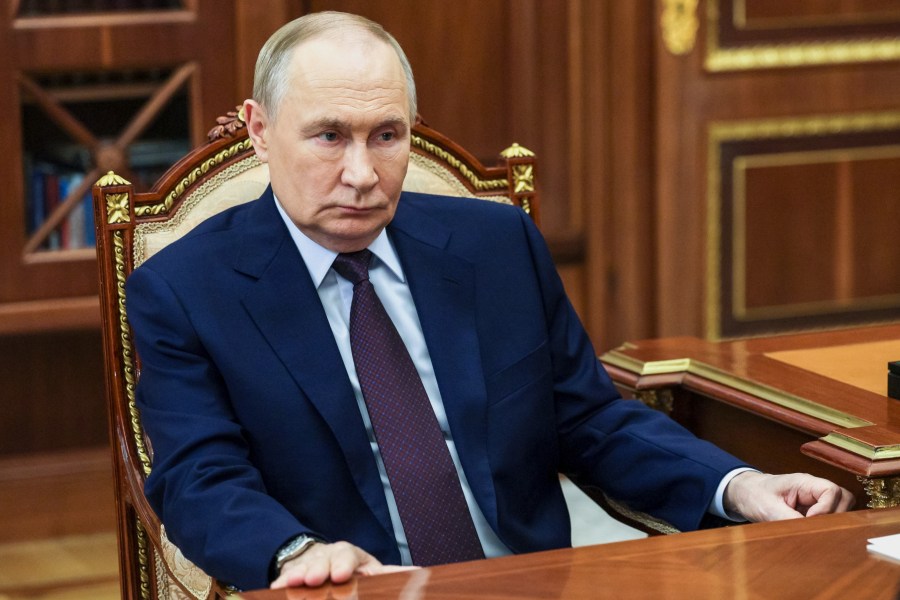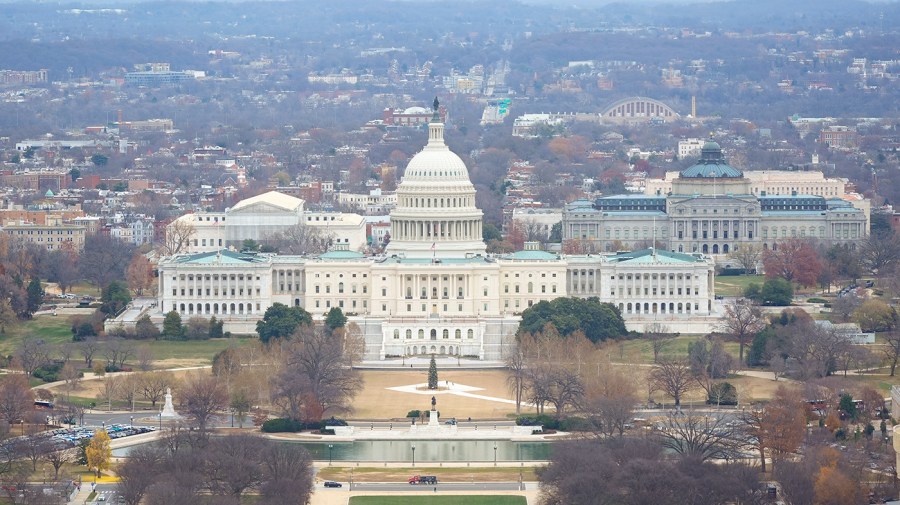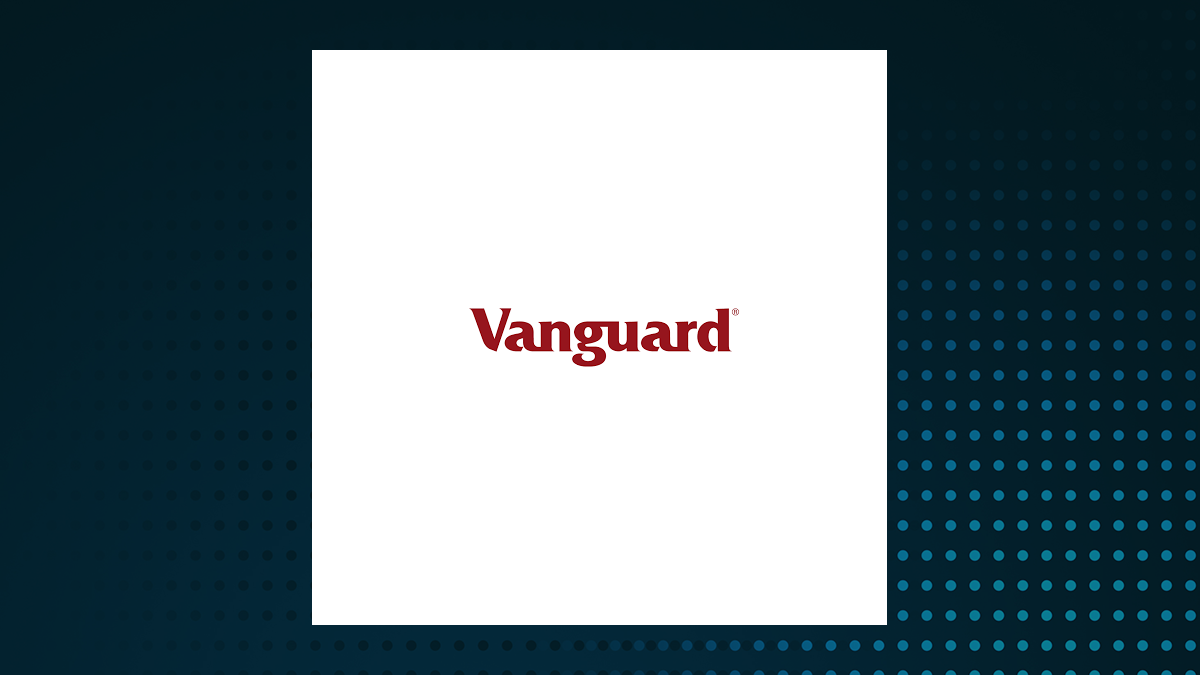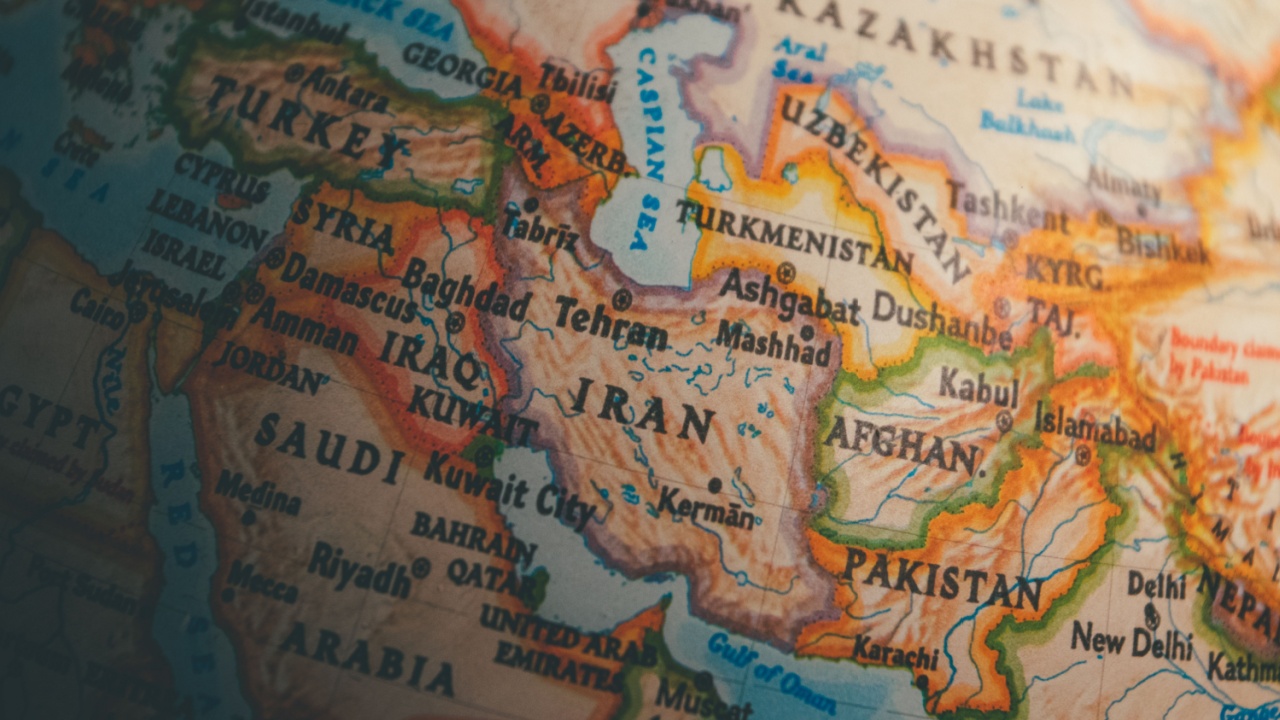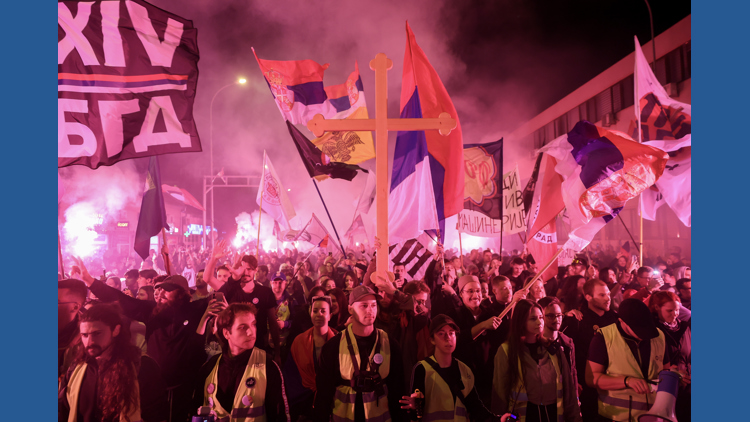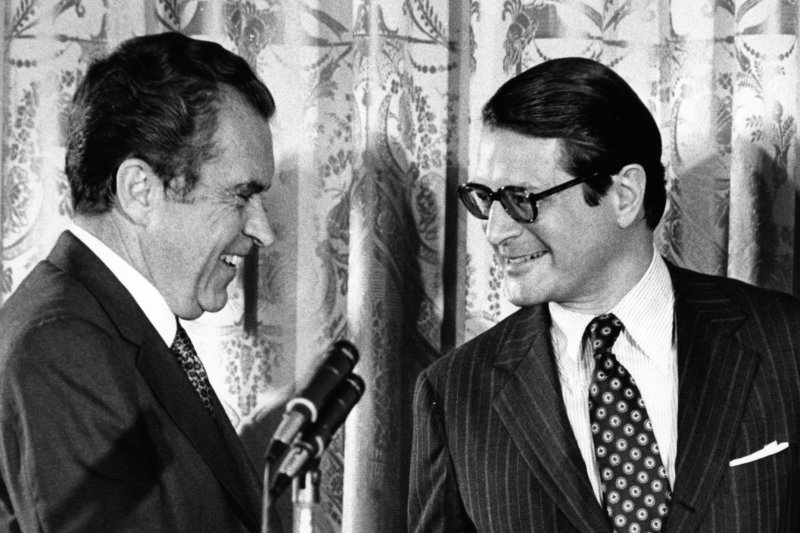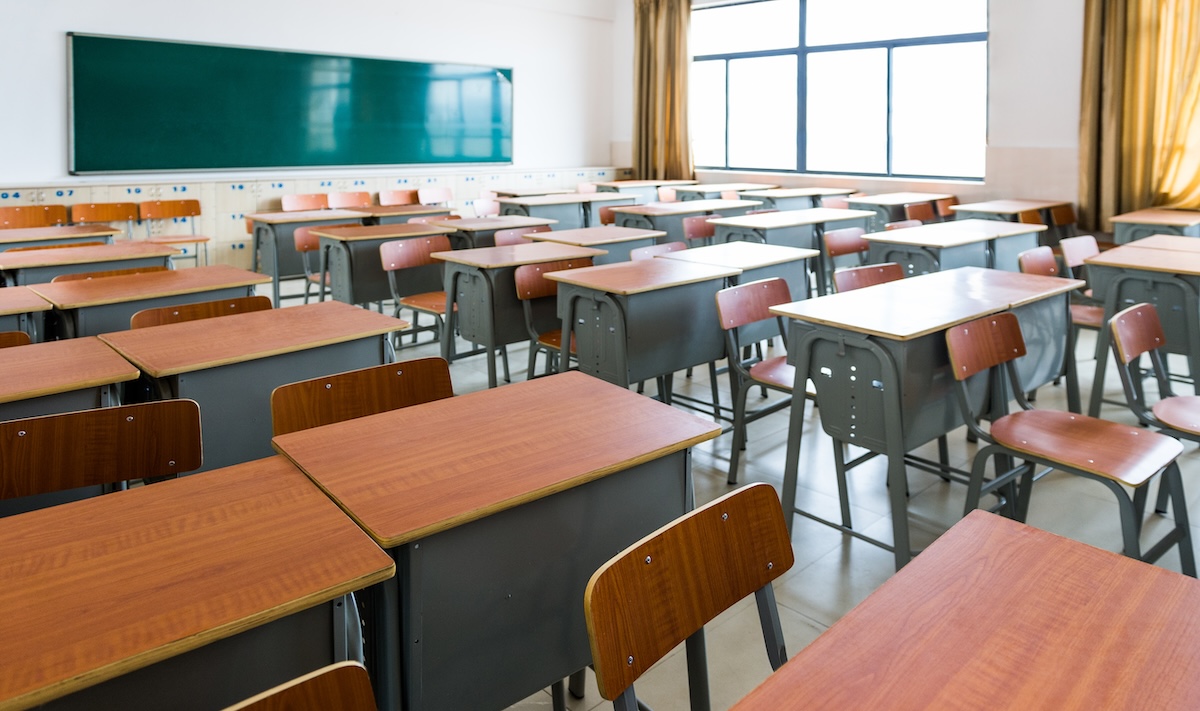Russian President Vladimir Putin has dedicated his political career to the ambitious goal of reinvigorating a version of the Russian empire, a vision that heavily influences his domestic and foreign policies. Yet, his attempts to regain influence over the non-Russian former Soviet republics and the former Eastern European satellite states are facing significant resistance, as these nations increasingly assert their sovereignty.
Since the dissolution of the Soviet Union in 1991, the landscape of Eastern Europe and Central Asia has transformed dramatically. Countries such as Ukraine, Georgia, and the Baltic States have firmly embraced their independence, often distancing themselves from Moscow’s influence. The recent geopolitical tensions and military actions have further solidified their resolve to maintain autonomy and seek closer ties with Western nations.
Rising Nationalism and Independence
The shift toward independence among these nations is not merely a reaction to Putin’s policies but reflects a broader trend of nationalism and a desire for self-determination. Many leaders in former Soviet states have cultivated strong national identities, significantly influenced by their own historical narratives and experiences of Soviet rule. This growing nationalism poses a substantial challenge to Putin’s vision of regional dominance.
Ukraine’s ongoing conflict with Russia, which escalated dramatically in 2022, serves as a critical example of this resistance. Following Russia’s annexation of Crimea and its support for separatists in Eastern Ukraine, the country’s leadership has doubled down on efforts to integrate with the European Union and NATO. This shift signals a clear rejection of Putin’s imperial aspirations.
Similarly, countries like Belarus and Kazakhstan have also shown signs of resistance to Russian dominance. Despite historical ties, the leaders of these nations are navigating a complex landscape where maintaining independence is paramount. Economic and political partnerships with the West have gained traction, further complicating Russia’s ambitions.
Challenges Ahead for Putin
Putin’s strategy has faced multiple setbacks, which have become increasingly apparent on the global stage. The economic sanctions imposed by Western nations in response to his military actions have not only isolated Russia but also strained its economy. According to estimates from the International Monetary Fund, Russia’s economy contracted by approximately 2.3% in 2022, highlighting the repercussions of its aggressive policies.
Moreover, the geopolitical landscape is shifting, with countries in Eastern Europe forging stronger alliances with NATO and the European Union. As these nations seek to bolster their security and economic ties, the prospect of reintegration into a Russian sphere of influence appears increasingly remote.
The recent military failures in Ukraine have also challenged the perception of Russian strength. As reports indicate, the Russian military has struggled against a determined Ukrainian defense, which has fostered a sense of resilience and unity among neighboring countries.
In light of these developments, Putin’s vision for a restored Russian empire appears increasingly ambitious and fraught with challenges. The historical context of independence and national pride among former Soviet republics remains a formidable barrier to his imperial aspirations, as these nations continue to prioritize their sovereignty and self-determination.
As the global situation evolves, the response of these nations to Russia’s actions will be crucial in shaping the future of the region and the extent of Putin’s influence. The commitment to independence among the former Soviet states underscores a significant shift in the geopolitical balance, leaving Putin to contend with the realities of a changing world.

